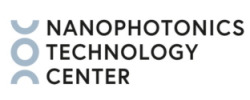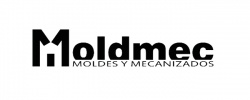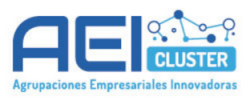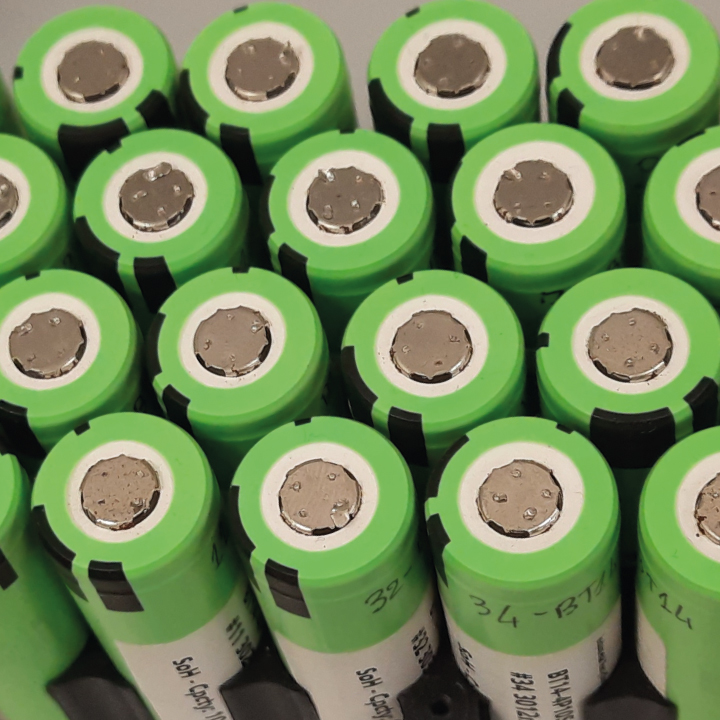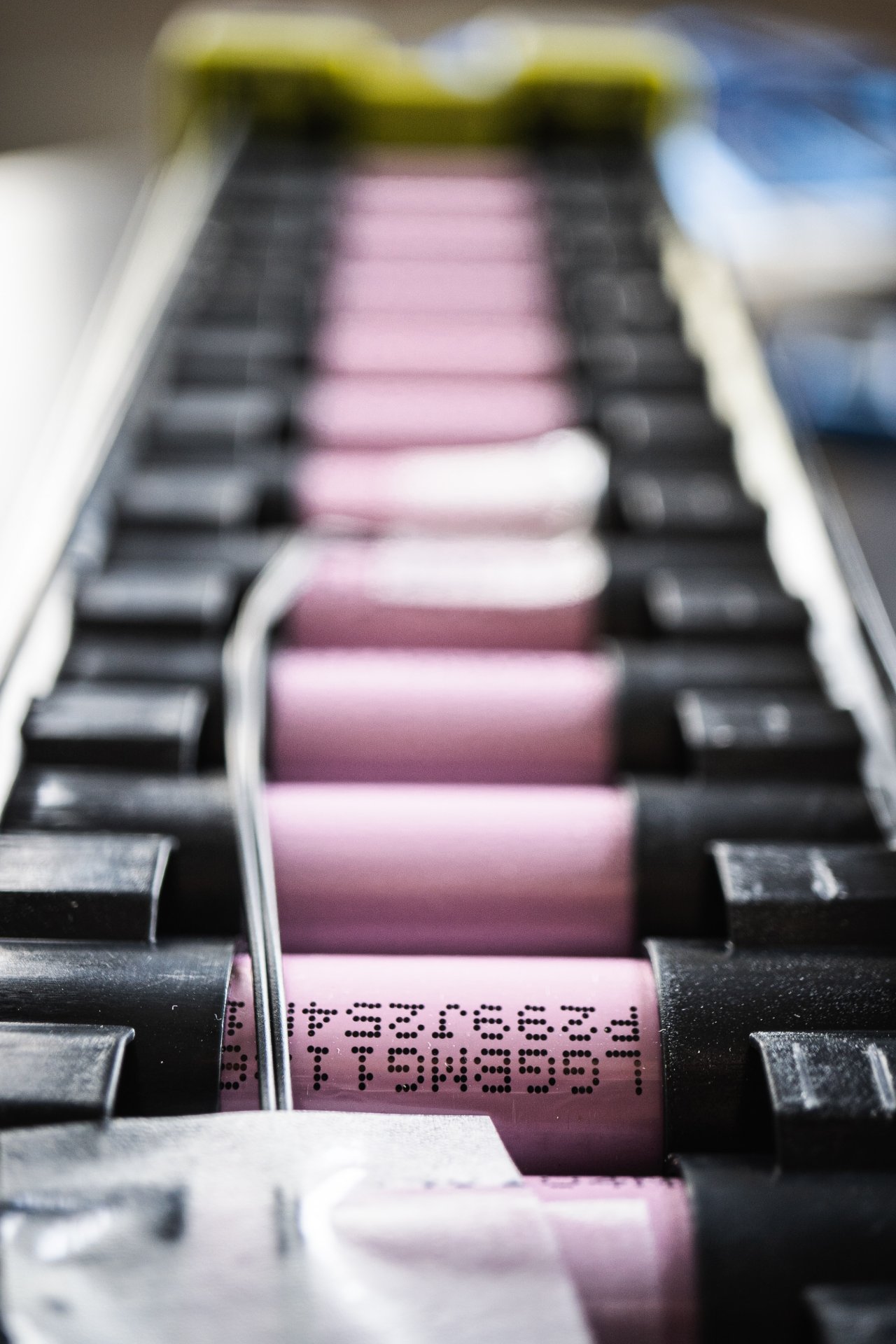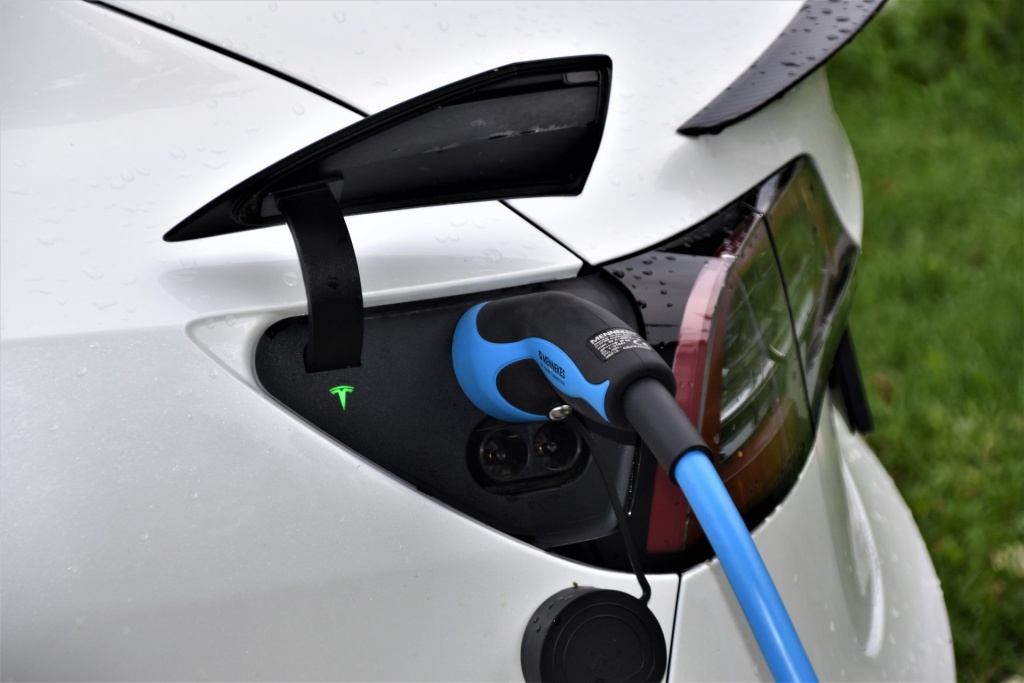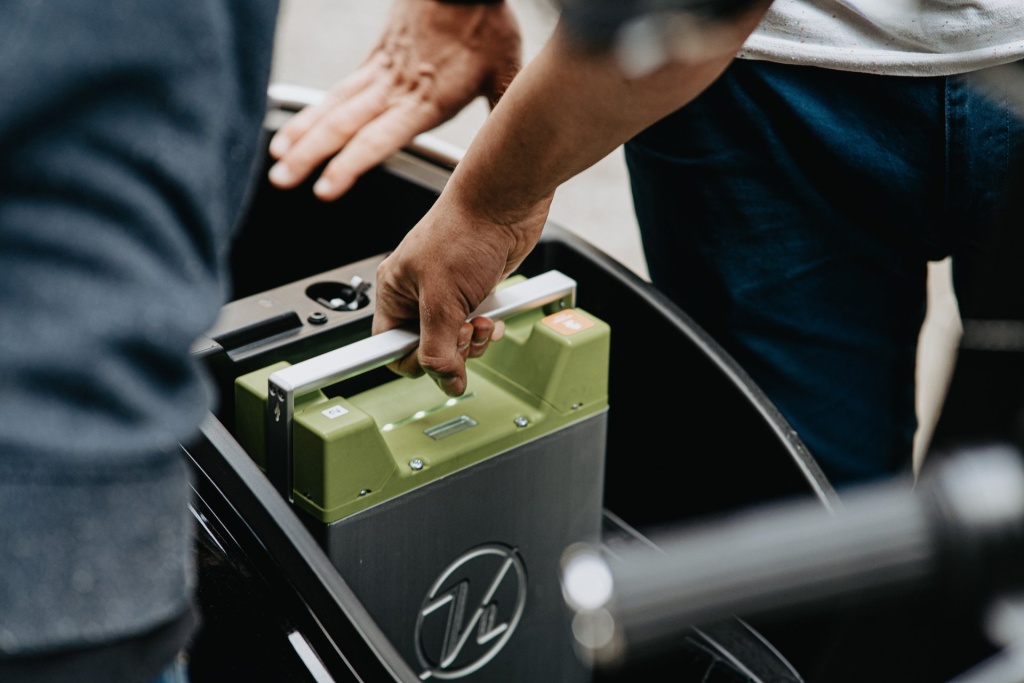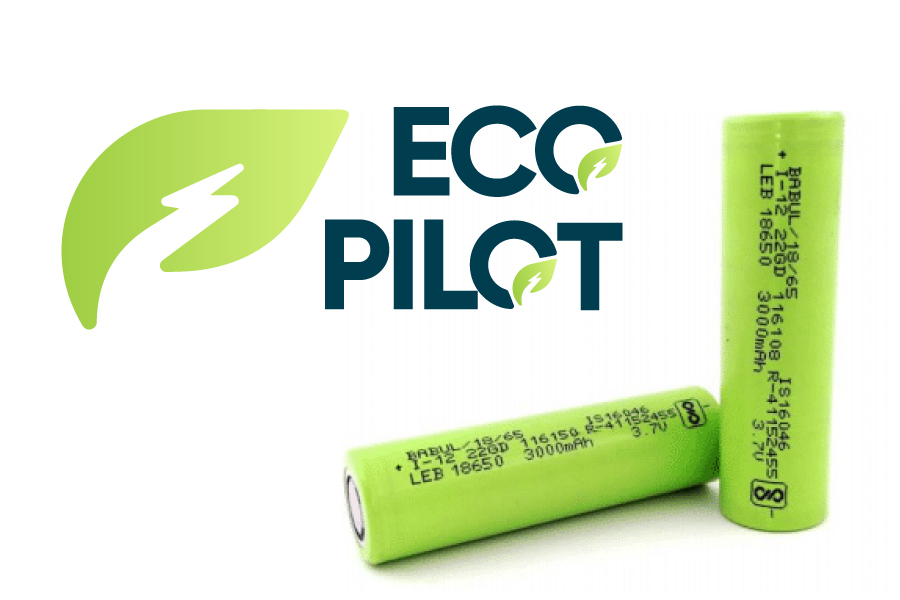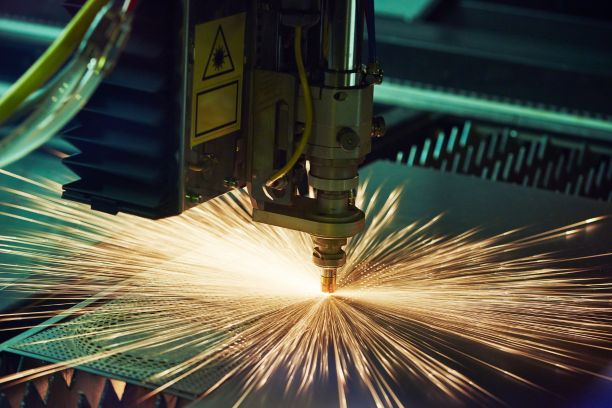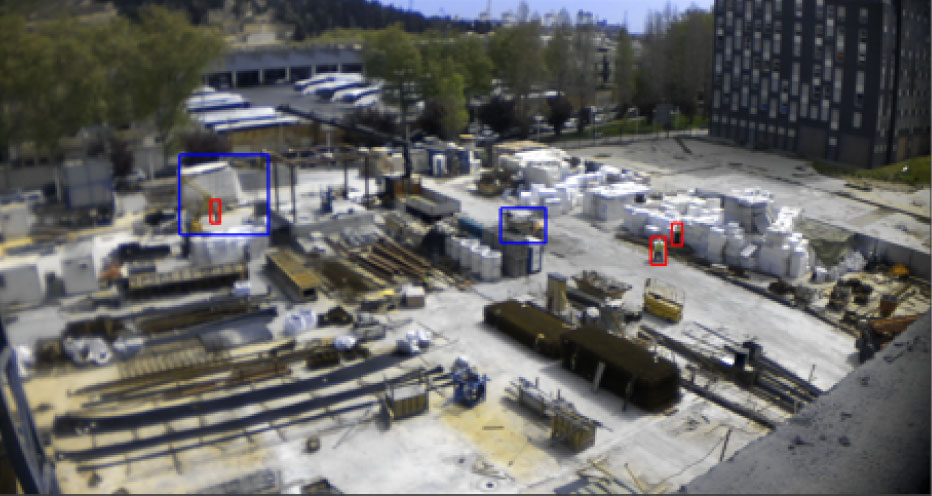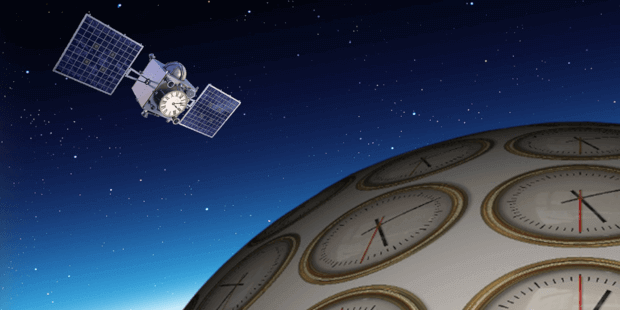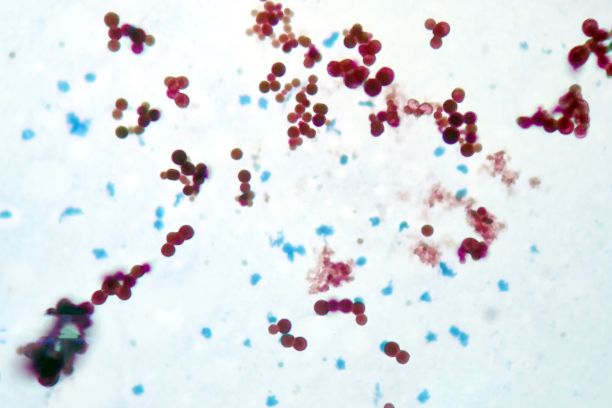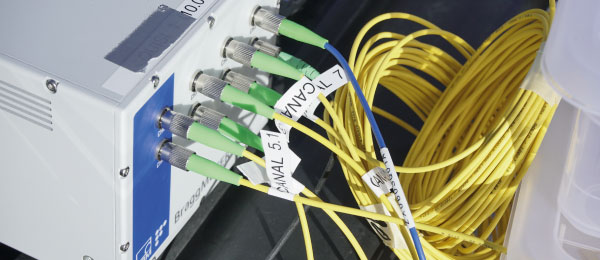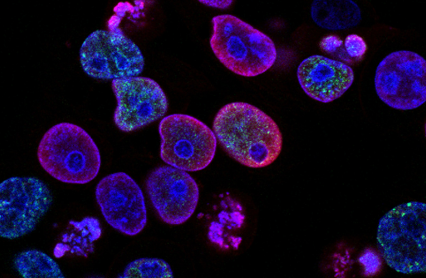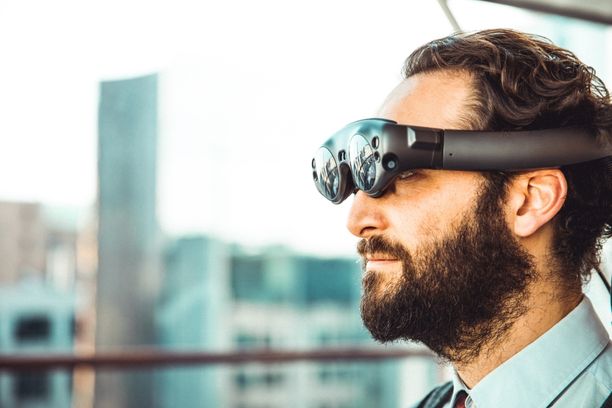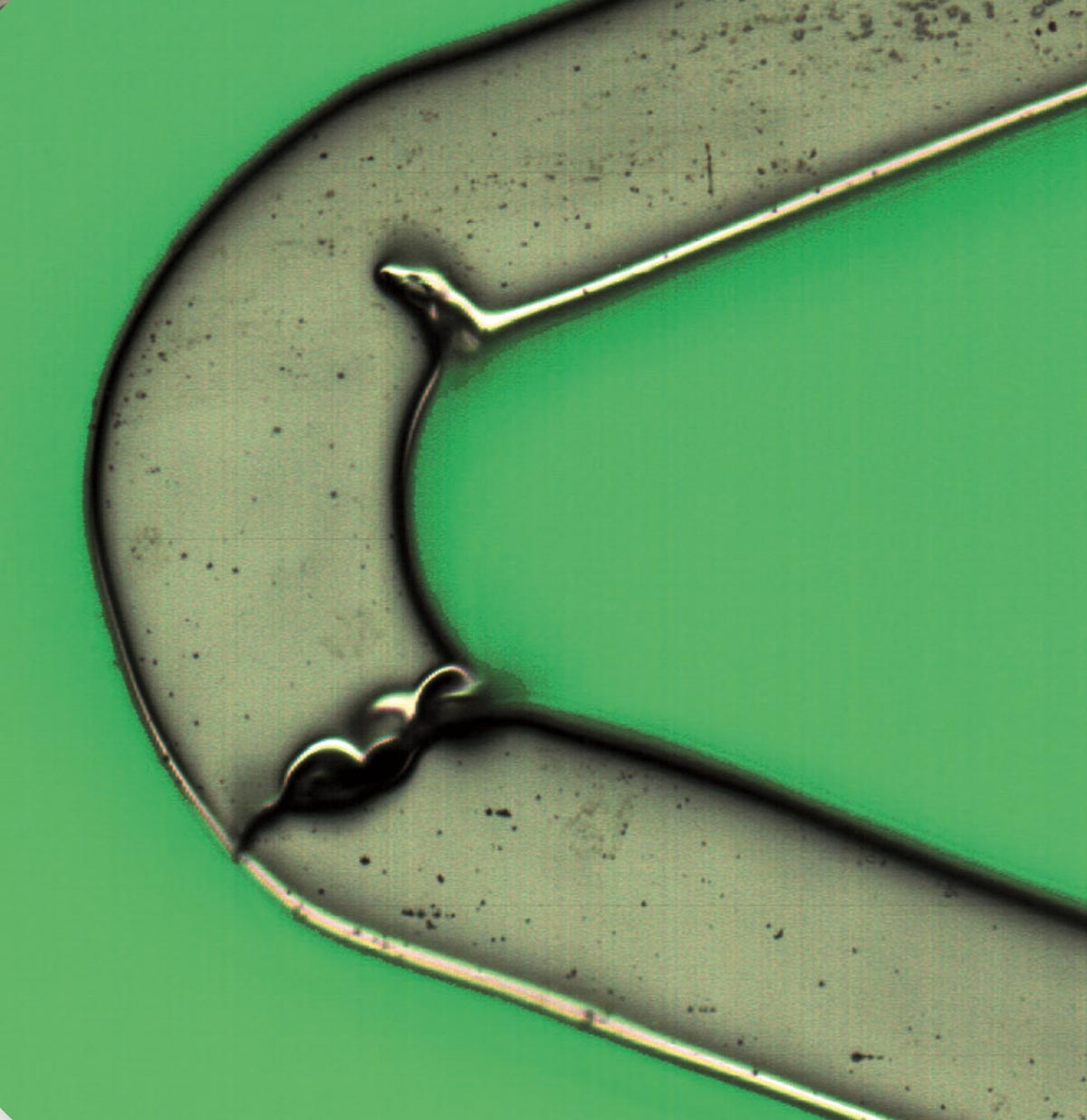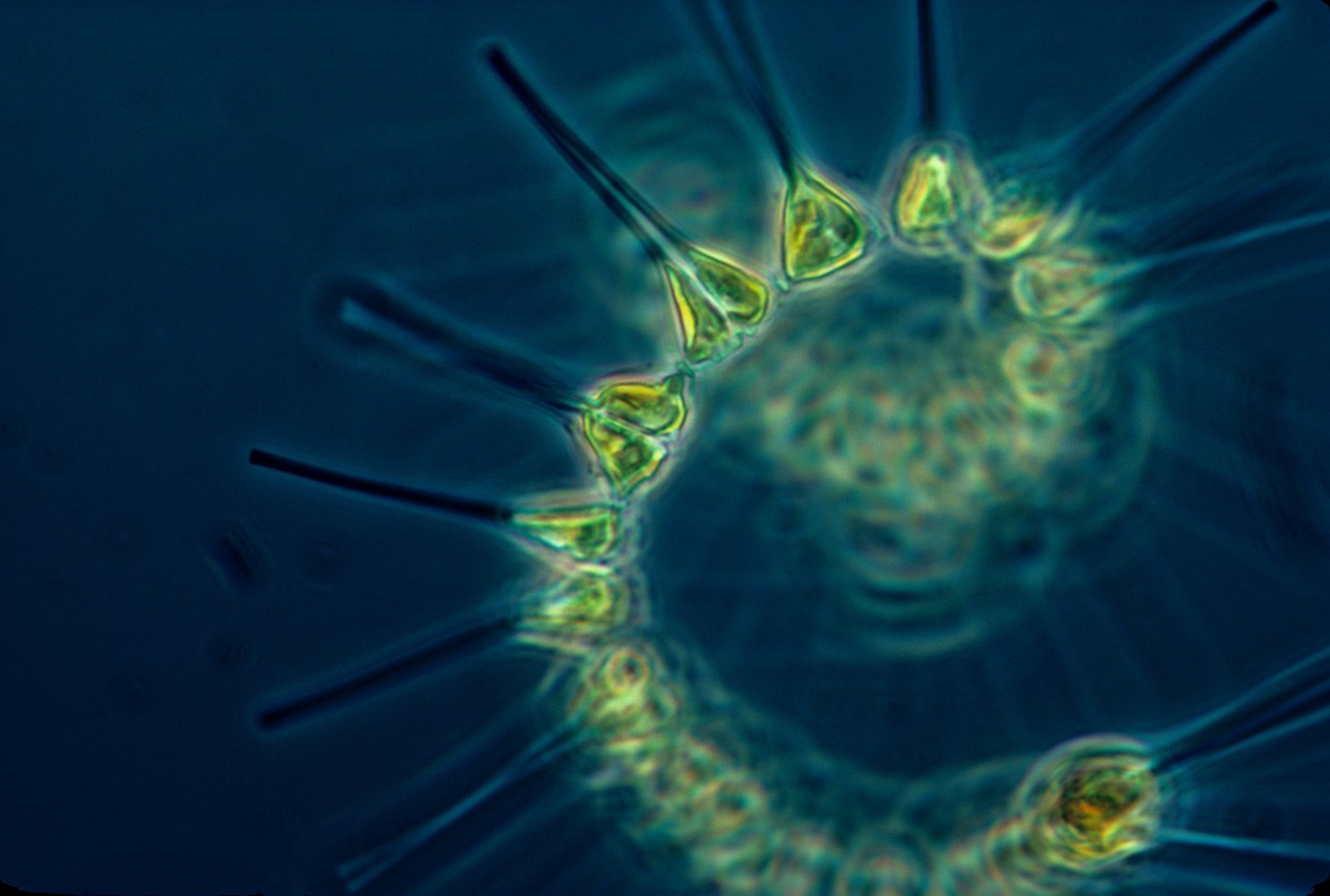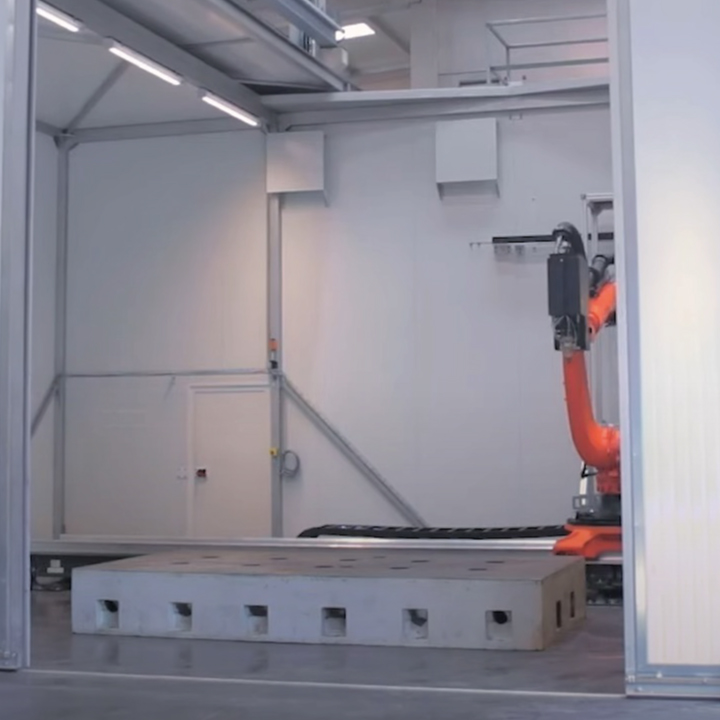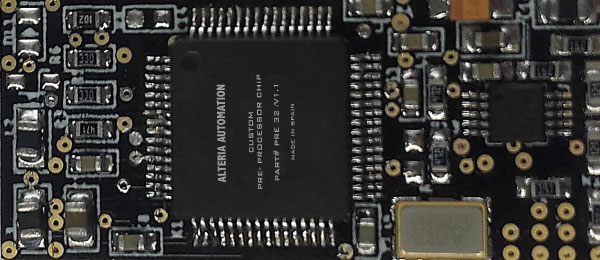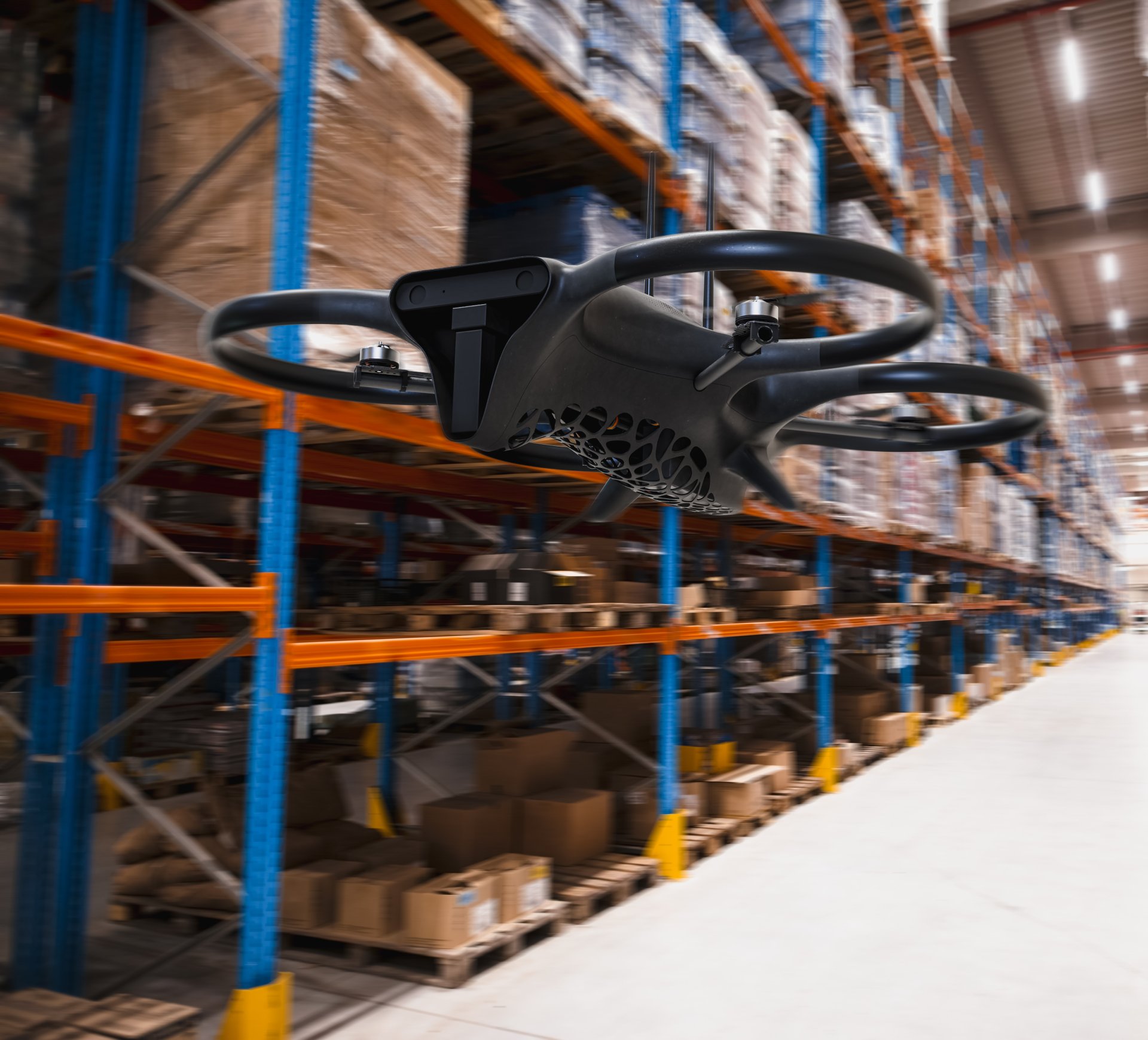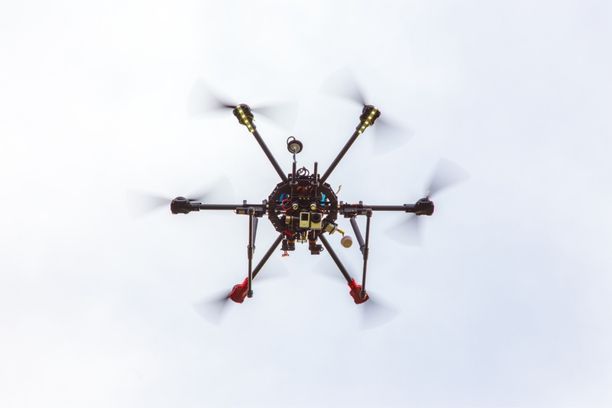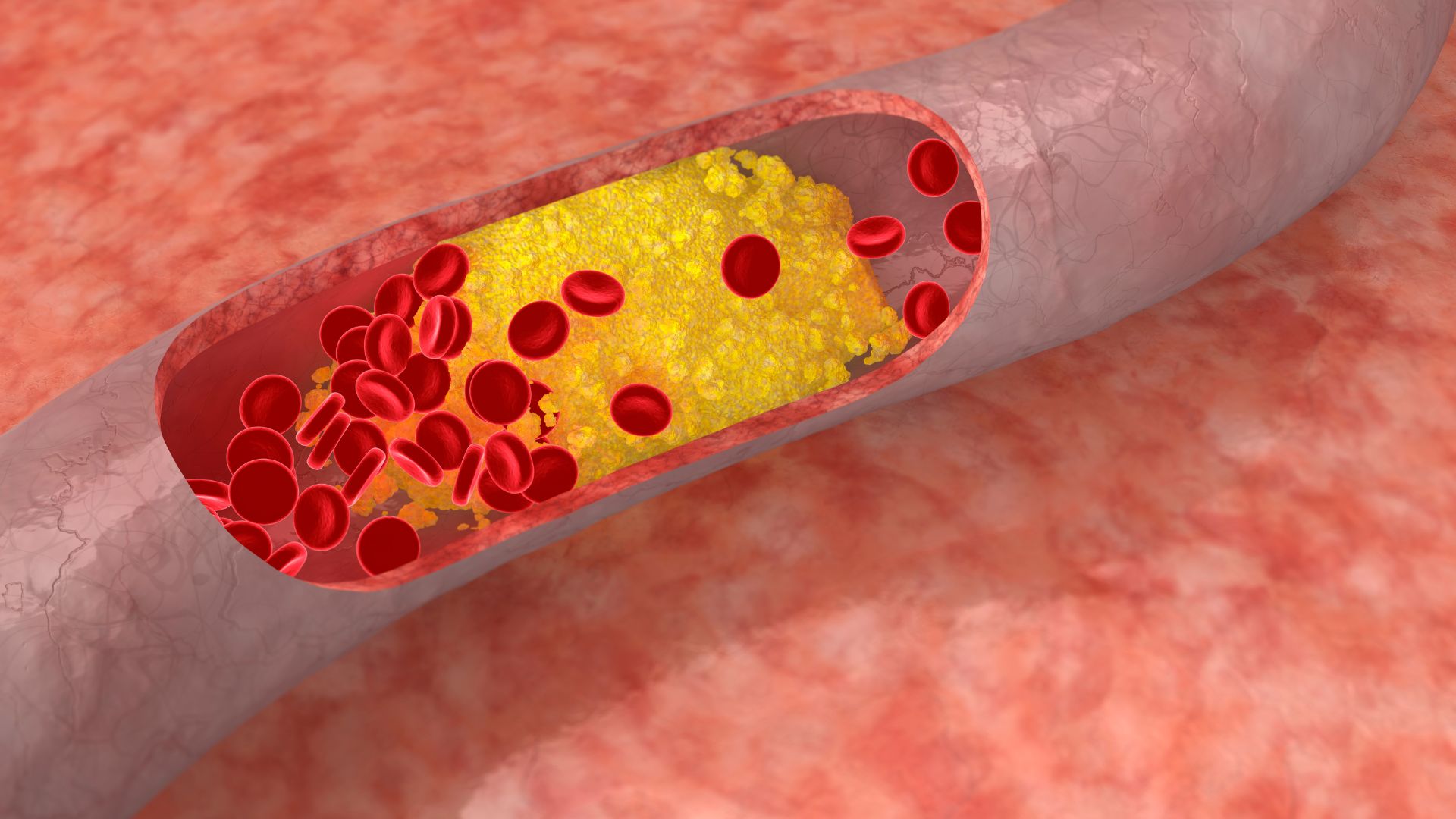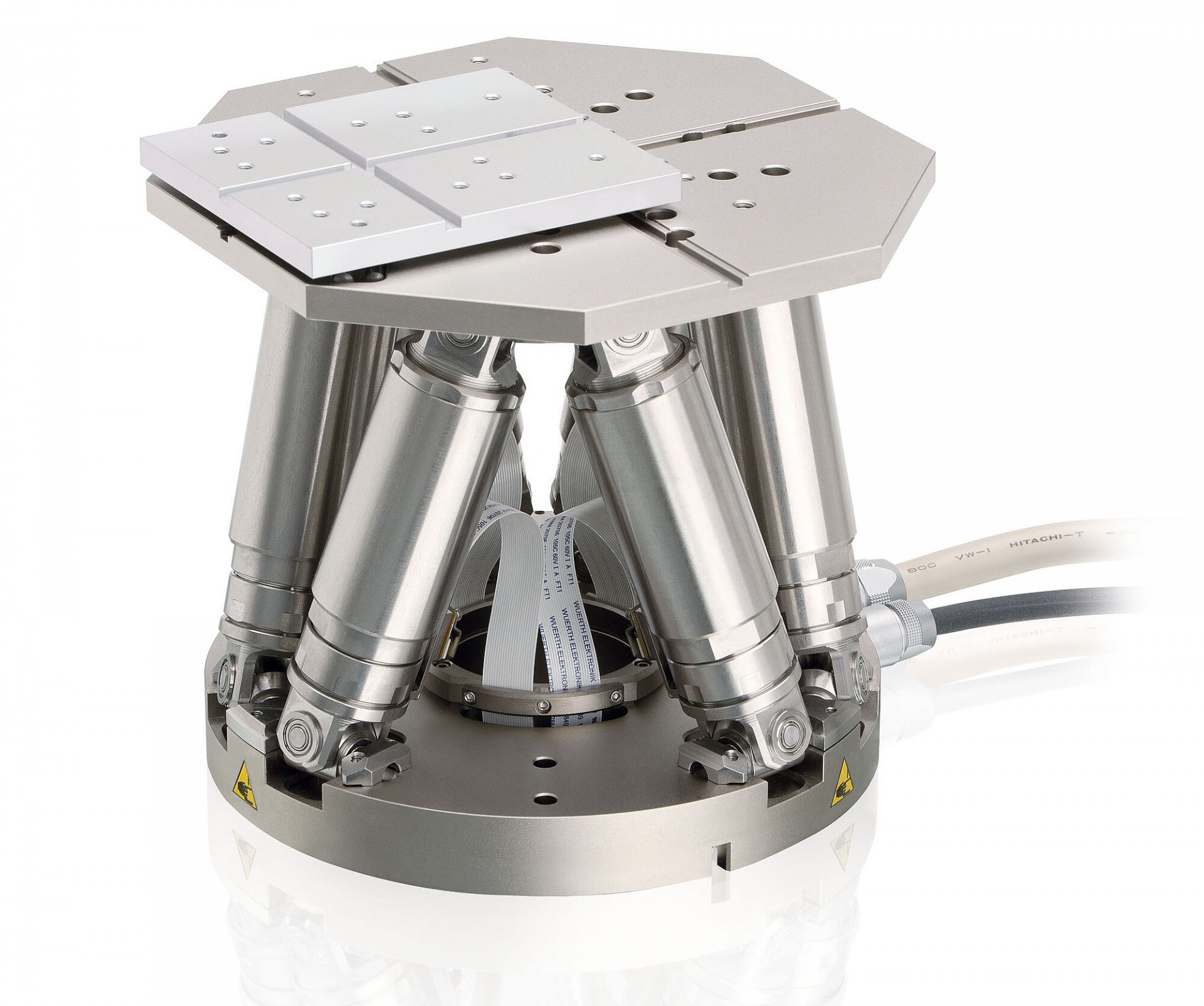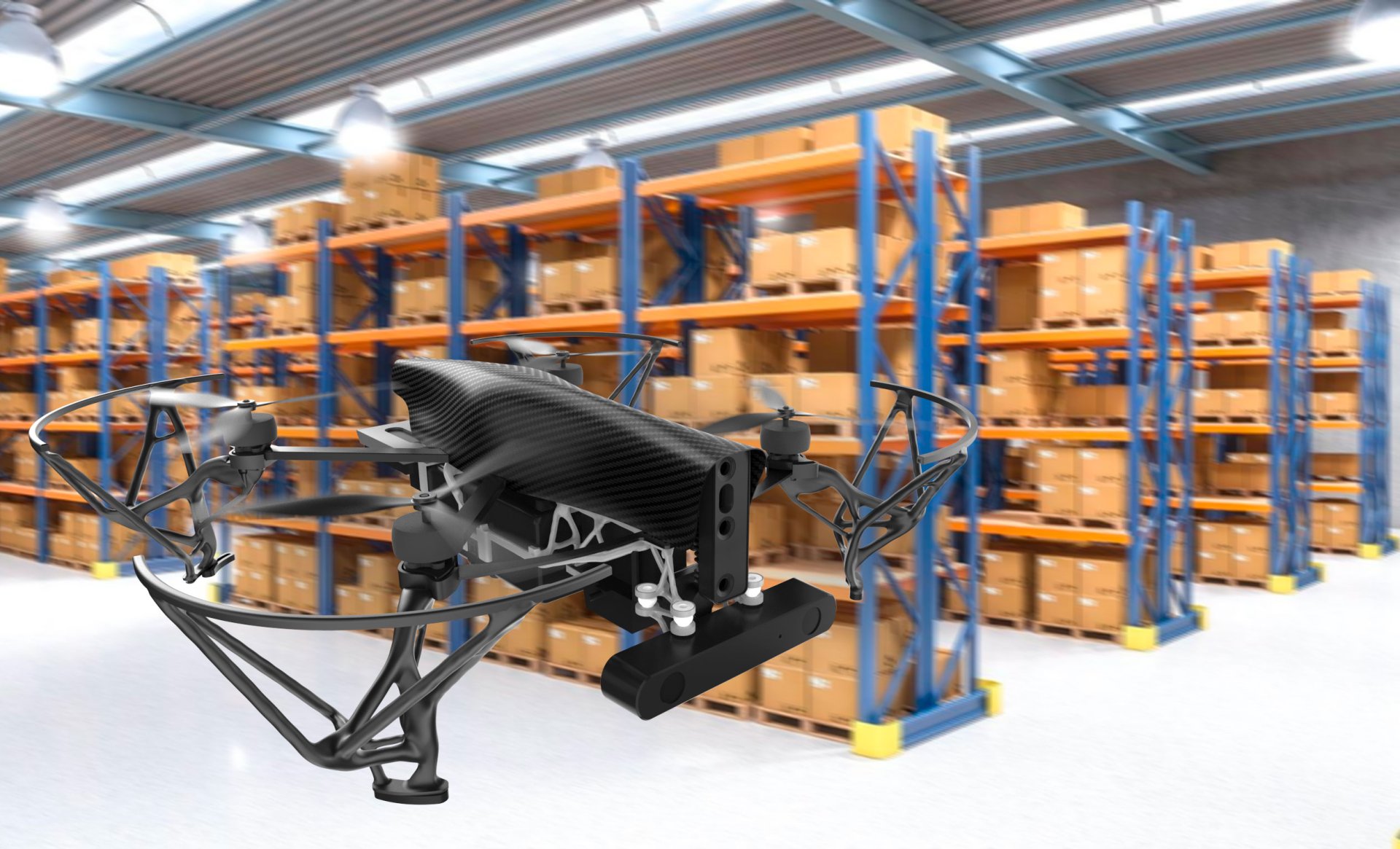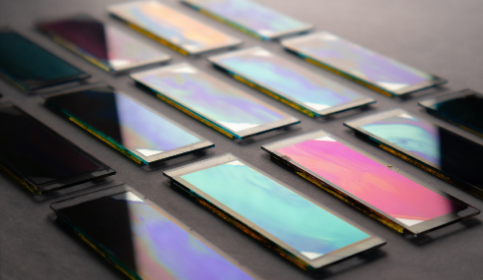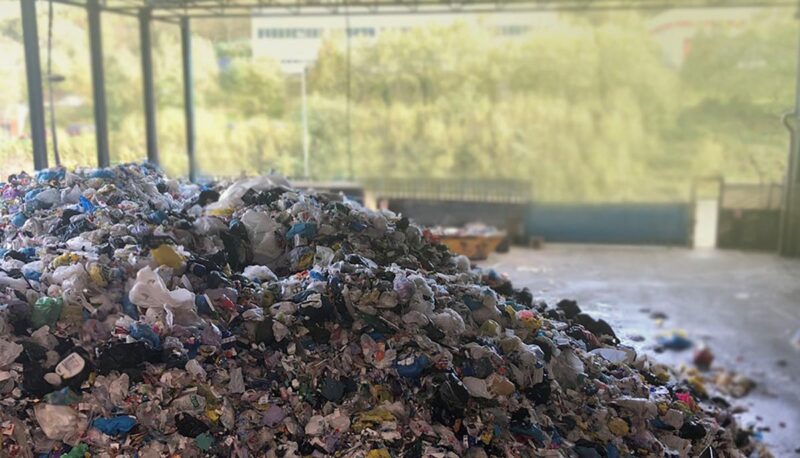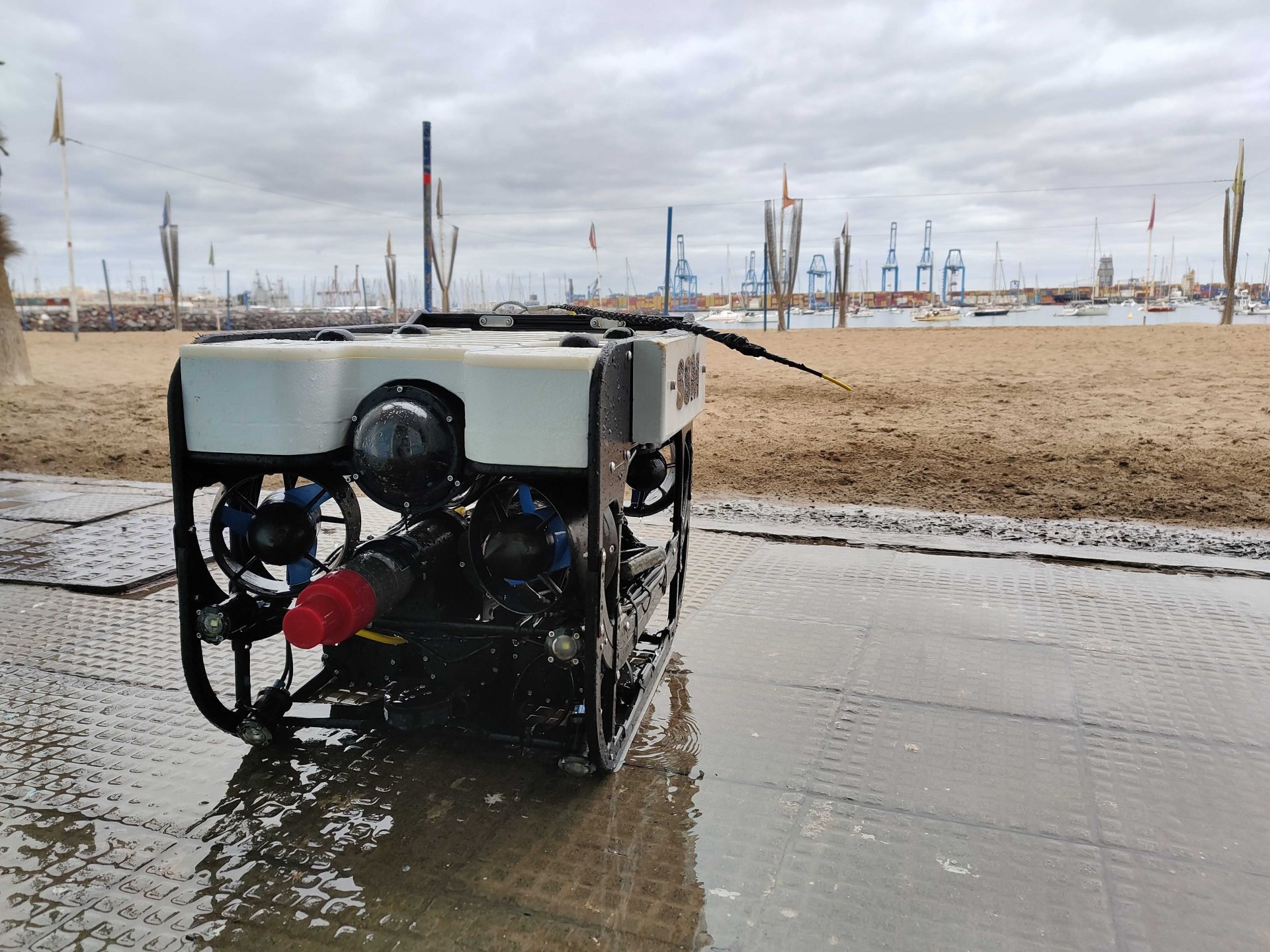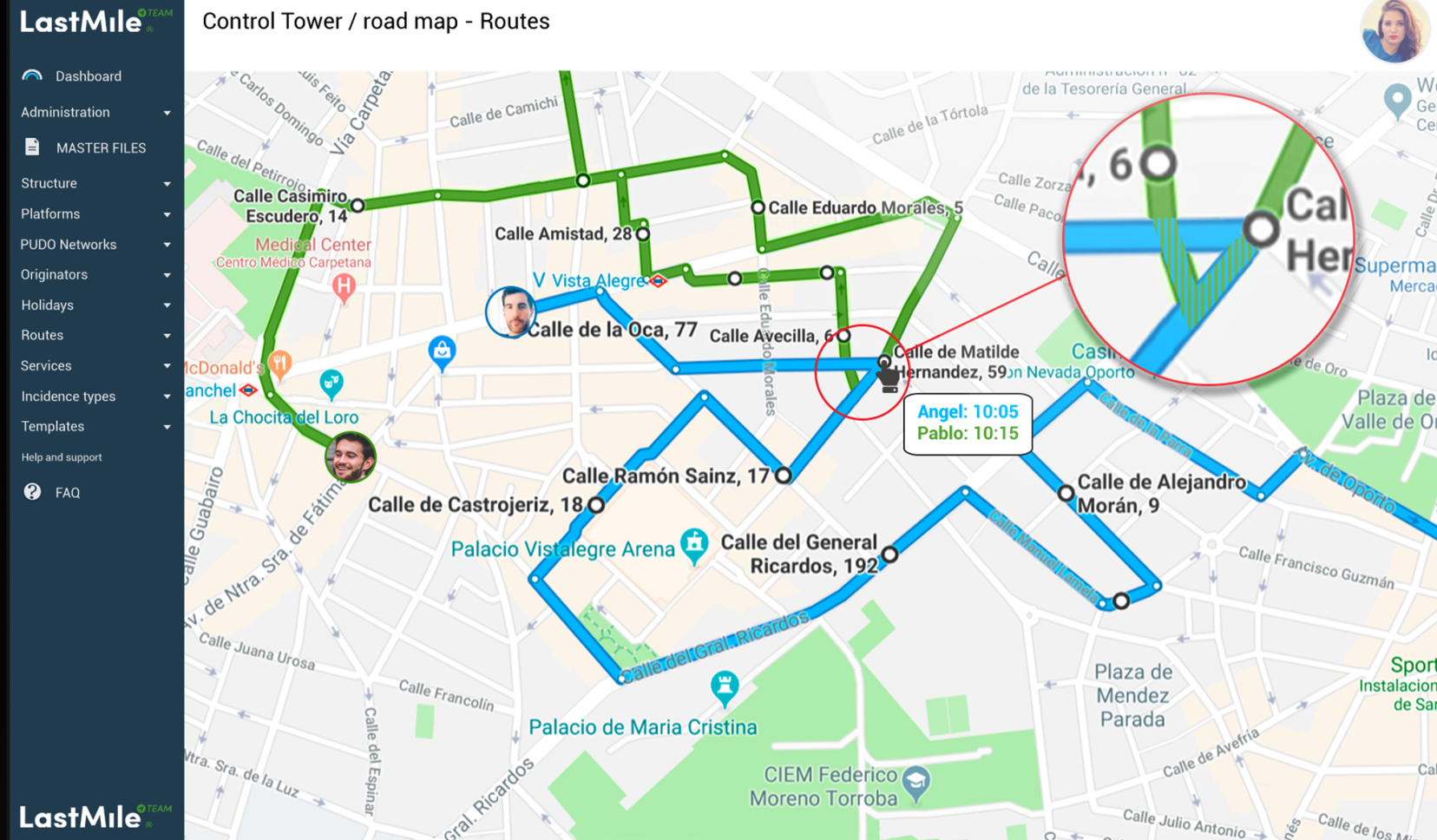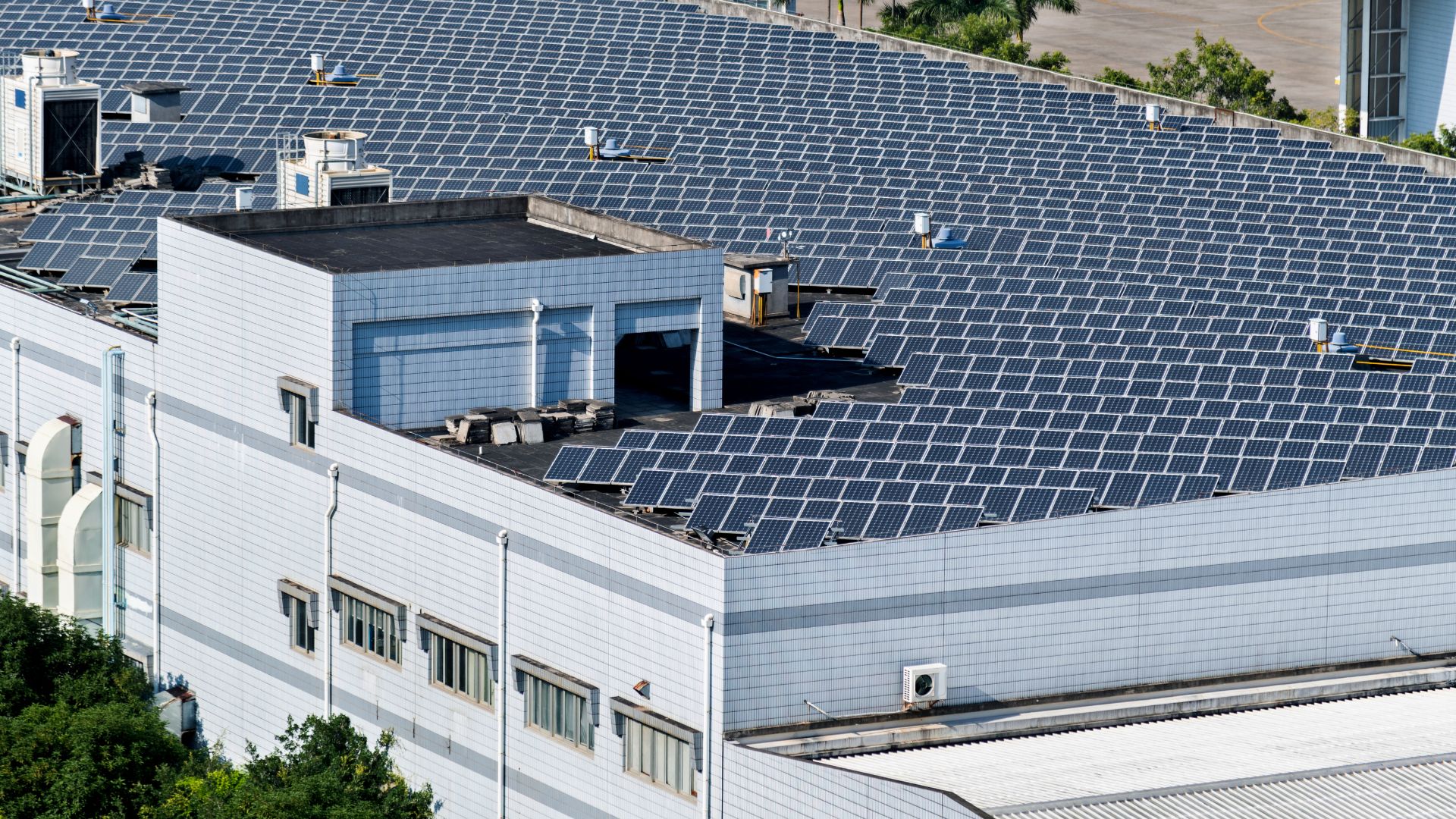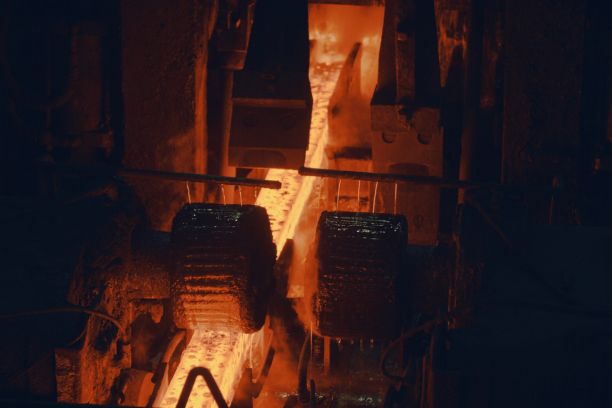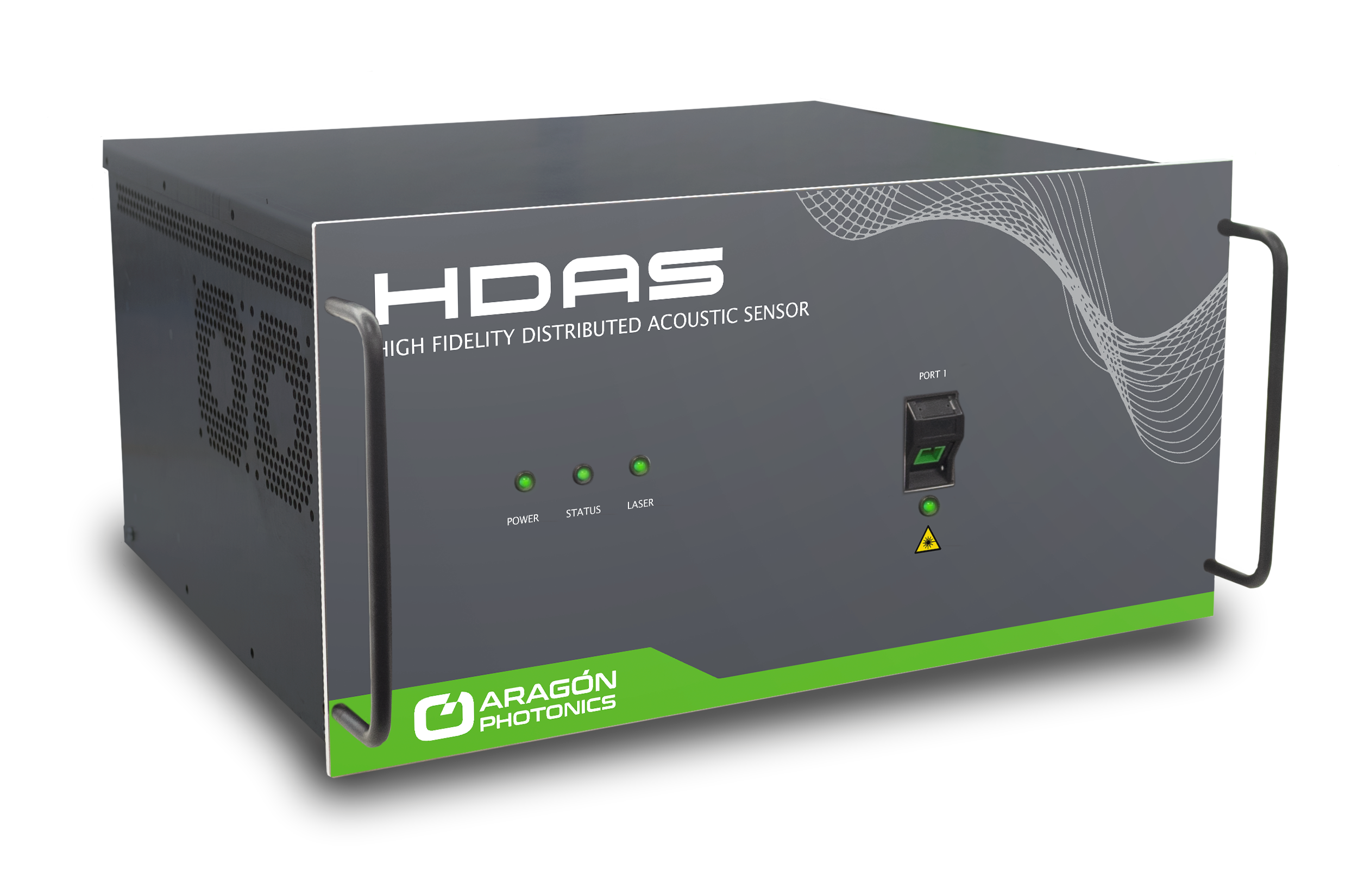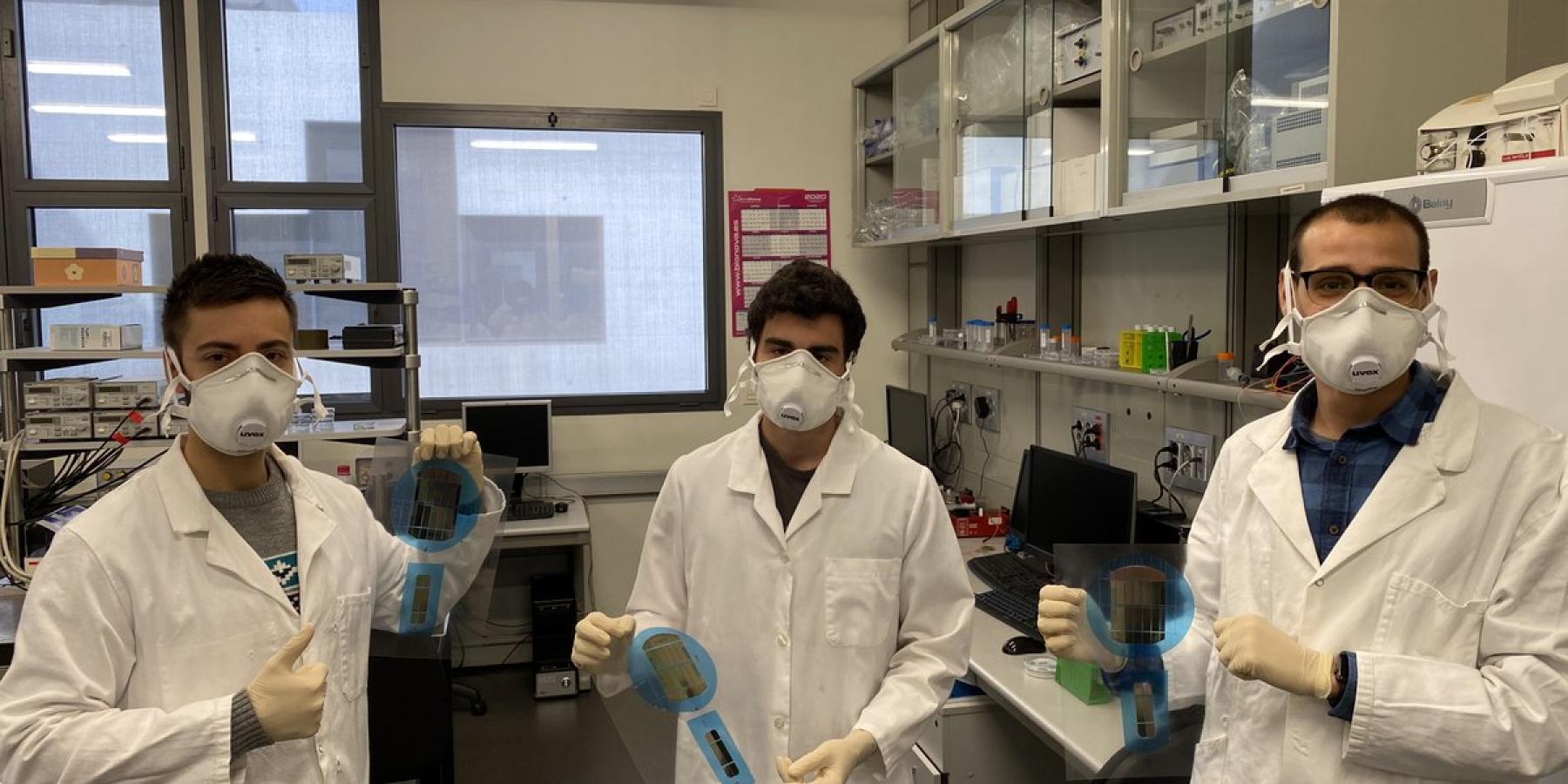ECO-PILOT
Second Life Lithium Batteries for a sustainable energy transition.
There are two needs driving the energy storage battery market in Spain: the need for lower electricity bills for households and the state-wide energy transition to clean energy. In both, lithium batteries are the preferred technology, with almost the only drawback being the price, which is still relatively high compared to other storage systems. Second Life Lithium batteries, thanks to their lower cost, can solve this problem.
In this context, the ECO-PILOT project, led by the Nanophotonics Technology Center (NTC) of the UPV and the companies Moldmec and Capital Energy, aims to give a second life to the lithium batteries used today in telephones, laptops and electric vehicles.
The initiative, coordinated by secpho, has received funding from the Ministry of Industry, Trade and Tourism corresponding to Next Generation EU funds, canalised through the support programme for Innovative Business Groups, whose objective is to digitalise industry.
Second Life batteries will be the master key to the new energy system: without energy storage, the energy transition is very difficult.
In the context of the energy transition, the process currently underway in Spain towards clean energy sources will involve large investments in storage solutions. In fact, Spain is committed to the energy transition towards a decarbonised model in which energy sources are increasingly renewable, to reach 74% by 2030, according to the National Integrated Energy and Climate Plan 2021-2030. This is why a progressive replacement of nuclear and coal-fired power plants with wind and photovoltaic plants is envisaged.
However, by their very nature, these clean energy sources are dependent on weather conditions, and therefore their production cannot be increased or reduced at will according to demand. In other words, if supply needs are to be met from these sources, the system will have to be equipped with storage capacity to allow surpluses to be accumulated and used when necessary. This will be the key to the new energy system, because without energy storage, the energy transition will be very difficult. In this context, lithium batteries are one of the preferred technologies to provide a solution to this need, as they are a mature, emission-free technology.
At the same time, with the transition towards renewable energy solutions, Europe is also moving towards a decarbonised mobility model, with electric vehicles. This implies that the stock of used batteries will grow, and that Second Life batteries will not only have a huge inventory of used batteries, but will also be a solution to the potential waste problem that this implies, offering a sustainable solution based on the circular economy.
ECO-PILOT researches, develops and validates the way to separate used lithium battery modules in a fully automated way.
Second Life batteries therefore emerge as a great opportunity, as they have the potential to be significantly cheaper on the one hand, and on the other hand they will be available in large volumes from the electric mobility sector.
In this context, the ECO-PILOT project has been developed, whose objective has been to research, develop and validate the way to separate used lithium battery modules, break them down into their individual cells and test these cells electrically in a fully automated way, so that they are prepared for their subsequent use in the manufacture of Second Life stationary batteries. In addition, an experimental pilot line has been designed that includes all the necessary process steps and the economic viability of this line has been evaluated with a view to its implementation on an industrial scale.
The initiative has been led by the Nanophotonics Technology Center (NCT) of the UPV and the companies Moldmec and Capital Energy in collaboration with Secpho, which has coordinated and promoted the project.

